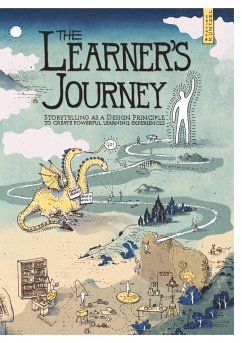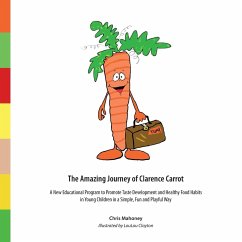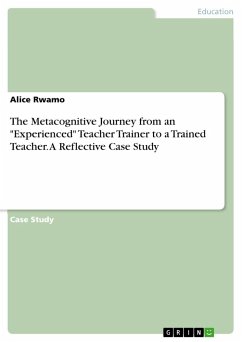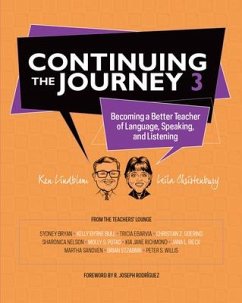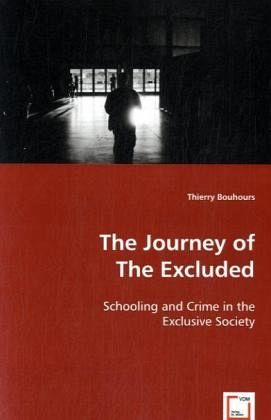
The Journey of The Excluded
Schooling and Crime in the Exclusive Society
Versandkostenfrei!
Versandfertig in 6-10 Tagen
52,99 €
inkl. MwSt.

PAYBACK Punkte
26 °P sammeln!
Over the last 30 years, school exclusion has greatly increased. Presumed causes include a growing number of maladjusted children and changes in school culture in the context of an increasingly exclusive society. School exclusion leads to a greater likelihood of engagement in crime. Matching records from educational, welfare, and criminal justice institutions, the study involves a detailed analysis of the journeys of 300 individuals excluded from Australian primary schools and placed in a withdrawal unit between 1973 and 2003. It examines who they were, where they came from, and what happened t...
Over the last 30 years, school exclusion has greatly increased. Presumed causes include a growing number of maladjusted children and changes in school culture in the context of an increasingly exclusive society. School exclusion leads to a greater likelihood of engagement in crime. Matching records from educational, welfare, and criminal justice institutions, the study involves a detailed analysis of the journeys of 300 individuals excluded from Australian primary schools and placed in a withdrawal unit between 1973 and 2003. It examines who they were, where they came from, and what happened to them. The author concludes that mechanisms of individualization are essential components in the processes of exclusion, their maintenance and reproduction. He argues that the implementation of individualized and individualizing remedial programs furthers atomization and exclusion, and suggests that, instead, schools and communities need to focus on the pedagogy of the oppressed. This book highlights the criminogenic effects of school exclusion and will be of great interest to educationists, criminologists, psychologists, social workers and policy makers, as well as parents and teachers.



